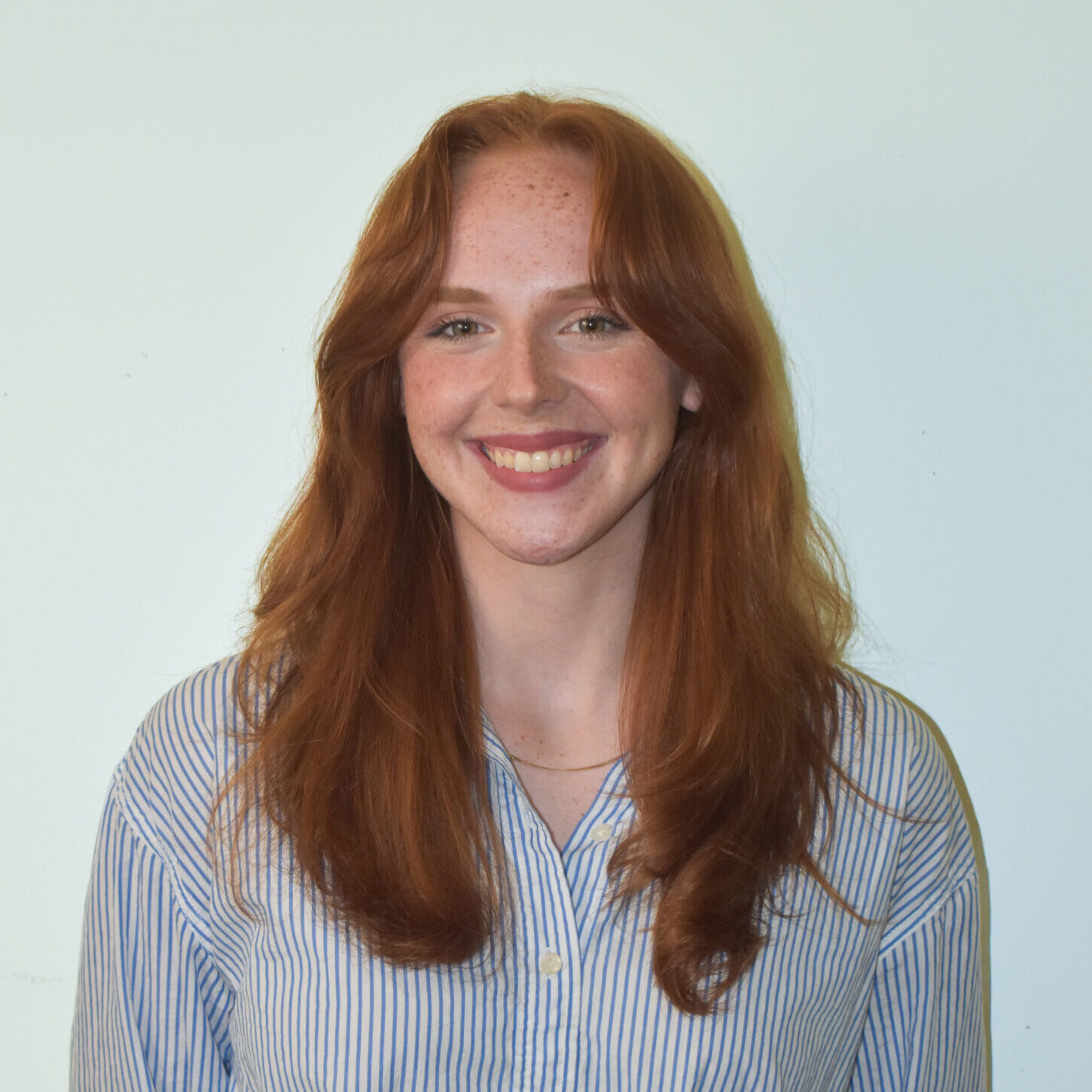RSOs can now apply for funds throughout the year on a rolling basis.
SGLC Amends System for Allocating Money to Student Organizations
The Student Government of Loyola Chicago Allocations Committee has changed their system for allocating money to Registered Student Organizations to allow for more flexibility, according to chairperson for the SGLC Allocations Committee Farheen Saiyed.
The allocations committee has implemented rolling fund requests, where RSOs can request money on a three-week basis. The rolling fund requests are used for unanticipated events, according to Saiyed.
“We saw that a lot of orgs were struggling to get requests done on time and there were really strict deadlines as well,” Saiyed said. “It just put a lot of pressure on organizations to get everything done and everything planned in advance, and it didn’t give much leeway.”
This new method is in addition to the spot cycle system which was already in place from previous years, where RSOs request all the money they need for the semester by a deadline at the beginning of the fall and spring terms, according to Saiyed.
Money allocations from SGLC come from the Student Activity Fund, a budget which consists of money built into tuition for every student who attends the university, according to Saiyed. As the population of the student body goes up, so does the Student Activity Fund.
“A lot of thought and evaluation was put into implementing the system in the first place and we have [the Center of Student Engagement] to thank for that,” Saiyed said. “They literally handled the whole implementation of the system and the research behind it. I think they did a great job.”
Saiyed said 60% of the Student Activity Fund is set aside for first semester allocations, while only 40% is for the second semester, as RSO’s more heavily request money in the first semester while they are trying to bring in more members and host larger events.
Saiyed said the decision to change the system for allocations came after she and other members of SGLC observed RSOs struggling to meet deadlines for requesting money.
“Having the three weeks criteria really helps organizations plan ahead of time and also have more opportunities to submit requests for events,” Saiyed said.
Saiyed said SGLC has received positive feedback from RSOs about the new system, and they have seen less of them struggling to meet deadlines since it was implemented.
RSOs now have the ability to request money for events surrounding specific world events and unforeseen circumstances all throughout the semester, rather than being tied to what they requested at the beginning of the semester, according to Saiyed.
“You can keep having events throughout the semester in the case that you have an unanticipated or an emergency request for an event,” Saiyed said.
RSOs are limited to one request per three-week period and can’t request more than $2,000 at a time, according to Saiyed. Students can request the money up to six weeks in advance.
Students are welcome to request the maximum amount of money every three week period, but it is not guaranteed to be approved by SGLC Allocations. However, Saiyed said students are welcome to reapply for the money if their first request is denied.
Along with the new system for allocations, Saiyed said the SGLC Allocations Committee has goals they are trying to stick to in a new way this year. These goals include making equitable decisions surrounding the allocation of money, encouraging accountability and attempting to become more transparent with the student body.
“The goal is to have as many RSOs on campus to request funding because the [Student Activity Fund] is literally accessible to all RSOs and a lot of RSOs are already requesting money but a lot of RSOs aren’t, so our goal is also to continuously spread that information out,” Saiyed said.
Among the things they are doing to reach these goals is a new program they call “Ask Allos,” which gives RSOs the opportunity to ask members of the allocations committee questions about requests or how to submit a request.
“With ‘Ask Allos,’ we are hoping to have kind of a frequently asked questions-type of situation where organizations can submit general questions about the budget request process on a Google Form and then the committee will review it by the end of the week,” Saiyed said.
Saiyed said she is proud of the system and how well it’s working, especially considering how hard she and other members of the Allocations Committee worked to get it off the ground. She said she thinks the rolling fund system will continue for years to come.
Featured Image by Heather Higgins / The Phoenix
-

-

Lilli Malone is the News Editor of The Phoenix and has written for the paper since the first week of her first-year. She is studying journalism, criminal justice and political science, is on the board of SPJ Loyola and was previously the deputy news editor of The Phoenix. She has worked as a Breaking News Correspondent for The Daily Herald, and has interned at Block Club Chicago, Quotable Magazine, and UCLA. Originally from Columbus, Ohio, Malone enjoys traveling, reading, and telling the stories of Loyola and Rogers Park community members.
View all posts
Topics
Get the Loyola Phoenix newsletter straight to your inbox!


